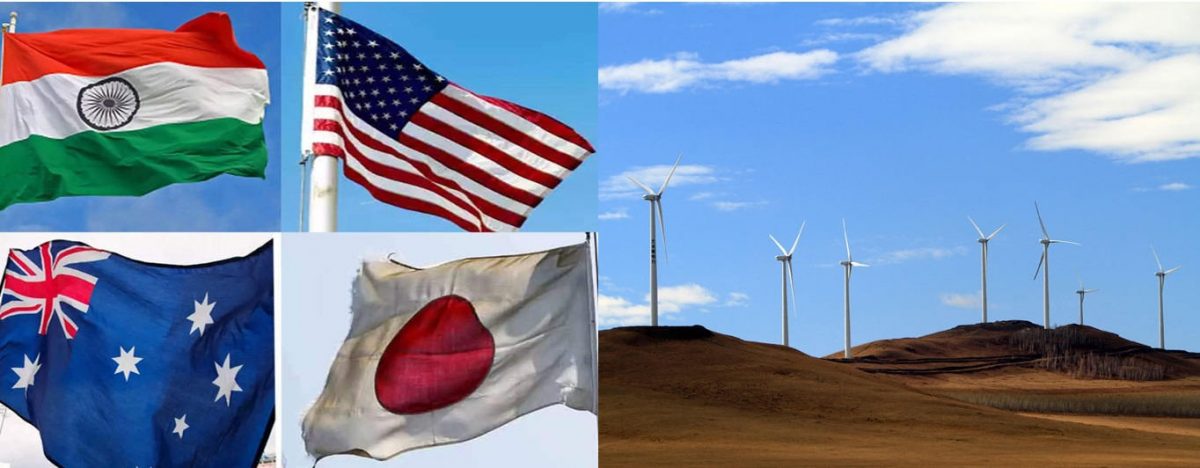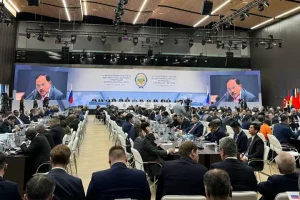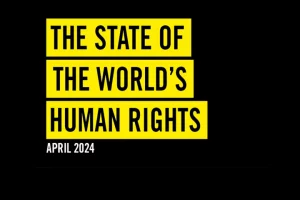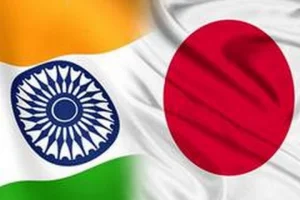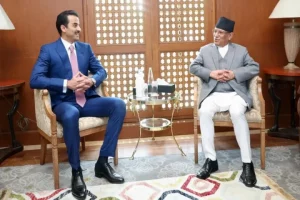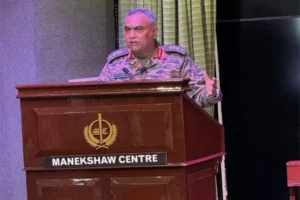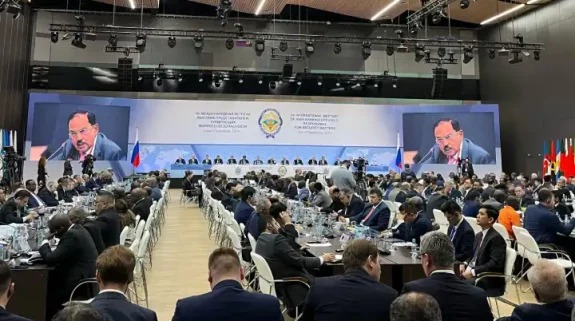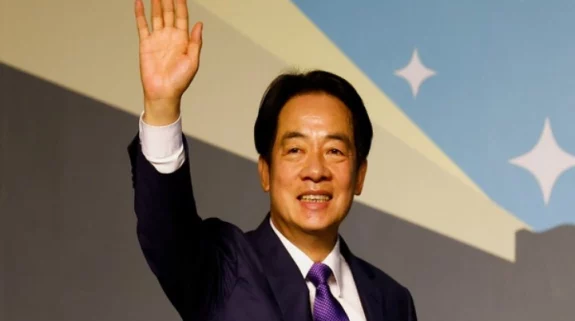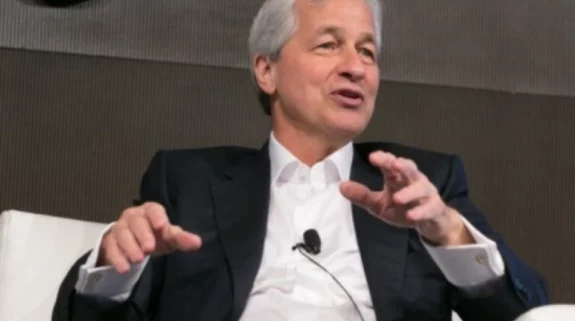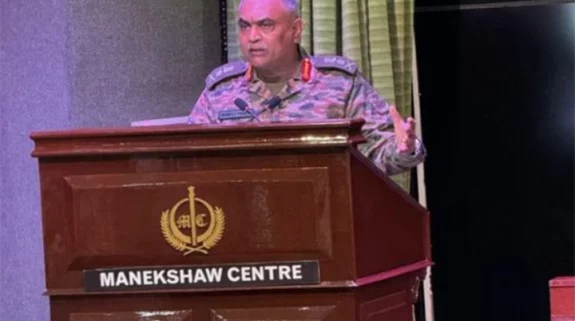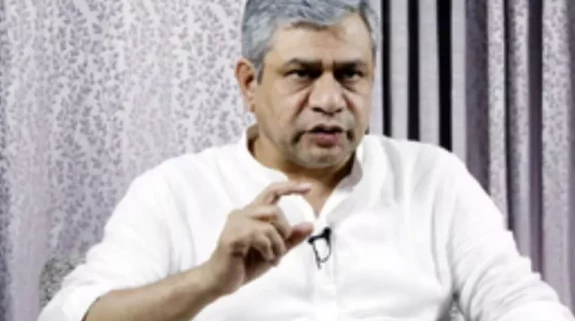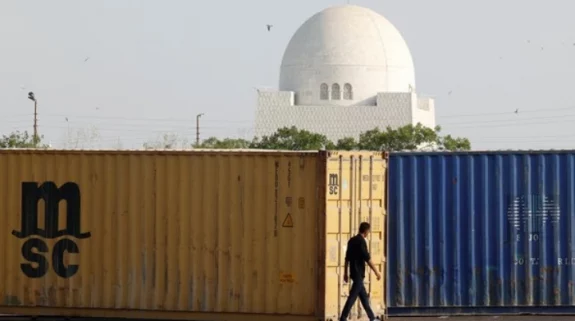The Quad meeting of leaders on March 12, 2021 has sprung a surprise. Climate change is that surprise.
From what it has been earlier called – a 'four-member grouping', 'a loose coalition', an Asian NATO and even 'a security dialogue', the Quad has evolved into a robust construct after last week’s meeting.
Let’s Talk Climate
The first paragraph of the joint statement by the Quad leaders, “The Spirit of the Quad”, says: "Today, the global devastation wrought by COVID-19, the threat of climate change, and security challenges facing the region summon us with renewed purpose. On this historic occasion of March 12, 2021, the first-ever leader-level summit of the Quad, we pledge to strengthen our cooperation on the defining challenges of our time."
The coming together of the Quad has been historic. And, so has been the call on climate—a vexed issue that has as many passionate believers as powerful sceptics.
The Quad meeting underlined some of the biggest current threats to humanity – the novel coronavirus pandemic and the climate issue. The leaders also recognised that climate change is a common threat and, therefore, a common goal to be accomplished. Climate has been underscored as a shared challenge, a common challenge, – in the same way that we share the world and its environment.
The same way that fires in far-away Amazonia will input millions of tonnes of carbon dioxide into our common atmosphere; melting snows in the colder regions will drown island nations elsewhere and cutting down of forests will lead to desertification and food shortages. We are all in it together in the global commons.
Also read: After historic Quad summit, France edges closer to steel the grouping
Reinforcing the Joint Statement
Besides their formal joint statement, an opinion piece written by the four leaders begins with the devastating Tsunami of 2004—the unfortunate natural disaster that brought the four countries together as first responders and aid providers to affected countries in the Indo-Pacific. Once again, we notice that the leaders voice their concerns by saying: "Since the tsunami, climate change has grown more perilous, new technologies have revolutionized our daily lives, geopolitics have become ever more complex, and a pandemic has devastated the world."
There is a constant refrain to climate change and the threats that emanate from a hotter planet.
The joint opinion piece further says: "It is clear that climate change is both a strategic priority and an urgent global challenge, including for the Indo-Pacific region. That’s why we will work together and with others to strengthen the Paris agreement, and enhance the climate actions of all nations."
Also read: Quad’s challenges in Bay of Bengal
Is it Biden’s Bidding?
Is it US President Joe Biden who is handholding the Quad countries over environment protection? All through till now the Quad has been seen as a geo-strategic alliance and, in part, a military construct. The stamp of Biden's unwavering and personal commitment to environment is unmistakable on the grouping.
For Trump, the Quad was all about hardcore foreign policy objectives. Sample this statement on his February 2020 visit to Delhi: “Together, the Prime Minister and I are revitalising the QUAD initiative – with the US, India, Australia and Japan. Since I took office, we have held the first QUAD ministerial meeting, and expanded cooperation on counter-terrorism, cyber security and maritime security to ensure a free and open Indo-Pacific.”
Under Biden the Quad has evolved and modified.
Unlike Trump—a known climate sceptic, Biden had announced climate in his party's manifesto and made it a priority in his election campaign. Biden is now delivering that promise to his voters. He is walking the talk by committing $2 trillion to tackle climate change and boost economic recovery. He also made the US re-join the Paris Agreement which Trump had scoffed off and walked out on.
What about the Other Three?
The Indian government too seems to be serious on the Paris Agreement. Just yesterday, Minister for Environment, Forest and Climate Change, Prakash Javadekar told the Rajya Sabha: "India is the only G-20 country which is implementing the Paris commitments given through our nationally determined contributions, be it renewable energy, be it reducing (emission) intensity as well as creating more forest area. On all three commitments, we are much ahead than any other country."
Along with France, India is promoting the International Solar Alliance at a global level; has set ambitious energy transition goals from fossil to renewable energy and changed the world for rural women by providing them with cooking gas—reducing burning of fossil fuels.
Japan has recently set up a new climate change office to be managed under the supervision of its Environment Minister. A fortnight back, the country organised a video conference educating diplomatic missions in Tokyo about its efforts at reaching net-zero emissions by 2050 to support cap global heating.
Of the four, it is Australia that looks like a fish out of water. On one hand it has been a victim of droughts and forest fires. On the other, it has been vacillating on its climate policy. Resource-rich Australia has often been tempted to follow Trump out of the Paris Agreement yet the nation managed to hang in there, but by a thread. With Biden at the helm of a new America, close ally Australia is likely to change colour over climate.
Agenda for Action?
As analysts waited for the leaders to release predictable diplomatese about enforcing international law and committing to a free and open Indo-Pacific (FOIP), the Quad instead popped a surprise by propping up climate, coronavirus vaccination and technology for global debate.
The four nations have agreed to set up working groups. The good news is that it includes a Quad Climate Working Group besides two others—a Quad Vaccine Experts’ Group and a Quad Critical and Emerging Technology Working Group.
The Quad has come of age as can be witnessed through its commitment to a new agenda. It can become "a force for global good" as Prime Minister Narendra Modi said, by serving the cause of climate and humanity both.






